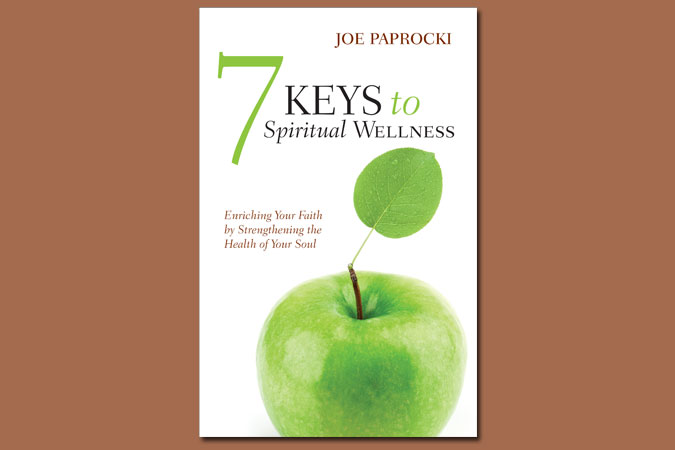
Knowing all too well that I am hopelessly square, some of my younger, hipper, edgier friends and colleagues at Loyola Press keep an eye out for trends among young adults related (if even remotely) to spirituality and faith formation. Recently, my friend Annie alerted me to the growing interest in something called hygge (pronounced hoo-gah), which is a Danish word for the mindset that folks in Denmark strive toward in order to help them cope with the long, cold, dark winters. It can loosely be translated as “coziness,” but that is a very superficial understanding. It can more appropriately be understood as mindfulness or seeking joy in the simplest things.
Is hygge a “thing?” Based on the number of books now available on the subject, I’d say so! On the surface, it may appear to be self-indulgent. It also seems to have a feminine appeal to it that may not initially connect with men. However, once you get past the woolly socks, the scented candles, and the herbal teas, the core of hygge is the desire to find pleasure and beauty in the simplest of things, which, to me, sounds a lot like the Ignatian concept of “finding God in all things.”
What does hygge have to do with spirituality, faith formation, and catechesis, you may ask? The fact of the matter is, many adults who have gradually separated themselves from the Church tell us that they feel the Church is not meeting their spiritual needs. Too often, the Church comes across as what Bishop Robert Barron warns: “an intellectual debating society” that is “fussy and puritanical.” We have neglected to present our faith as a spiritual path. The attention being given to hygge or any other quest for spiritual happiness should remind us that our offerings in adult faith formation need to speak to the human desire to find joy, pleasure, and beauty in daily living.
Thankfully, a number of resources from Loyola Press do just that! Here is a sampling:
- Wholehearted Living (Jennifer Grant)
- Simple Faith (Margaret Silf)
- Simple Acts of Moving Forward (Vinita Hampton Wright)
- Blessed by Less (Susan Vogt)
- The Holy Way (Paula Huston)
- and the newest, Busy Lives & Restless Souls (Becky Eldredge)
So, while I seriously doubt that St. Ignatius ever encouraged his followers to practice hygge or seek “coziness,” it is certain that he taught a spirituality that emphasized mindfulness, simplicity, gratitude, and seeking God in all things!




Be the first to comment